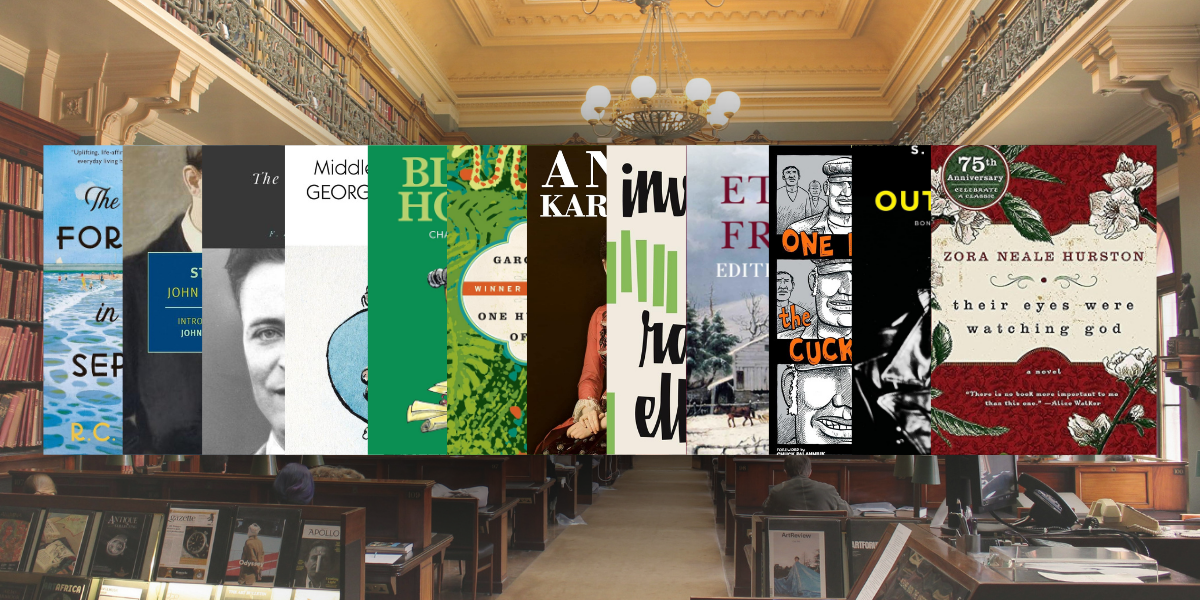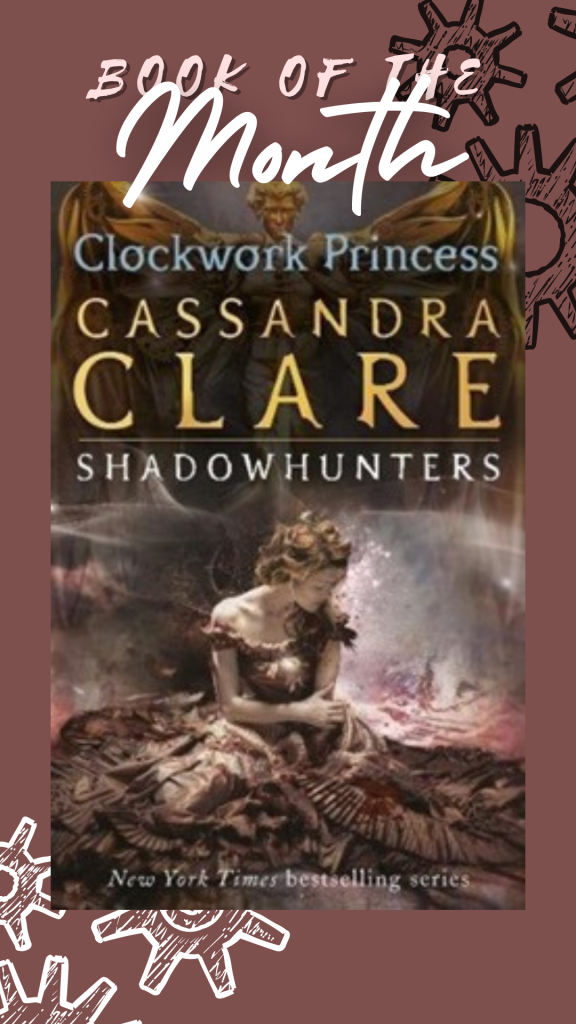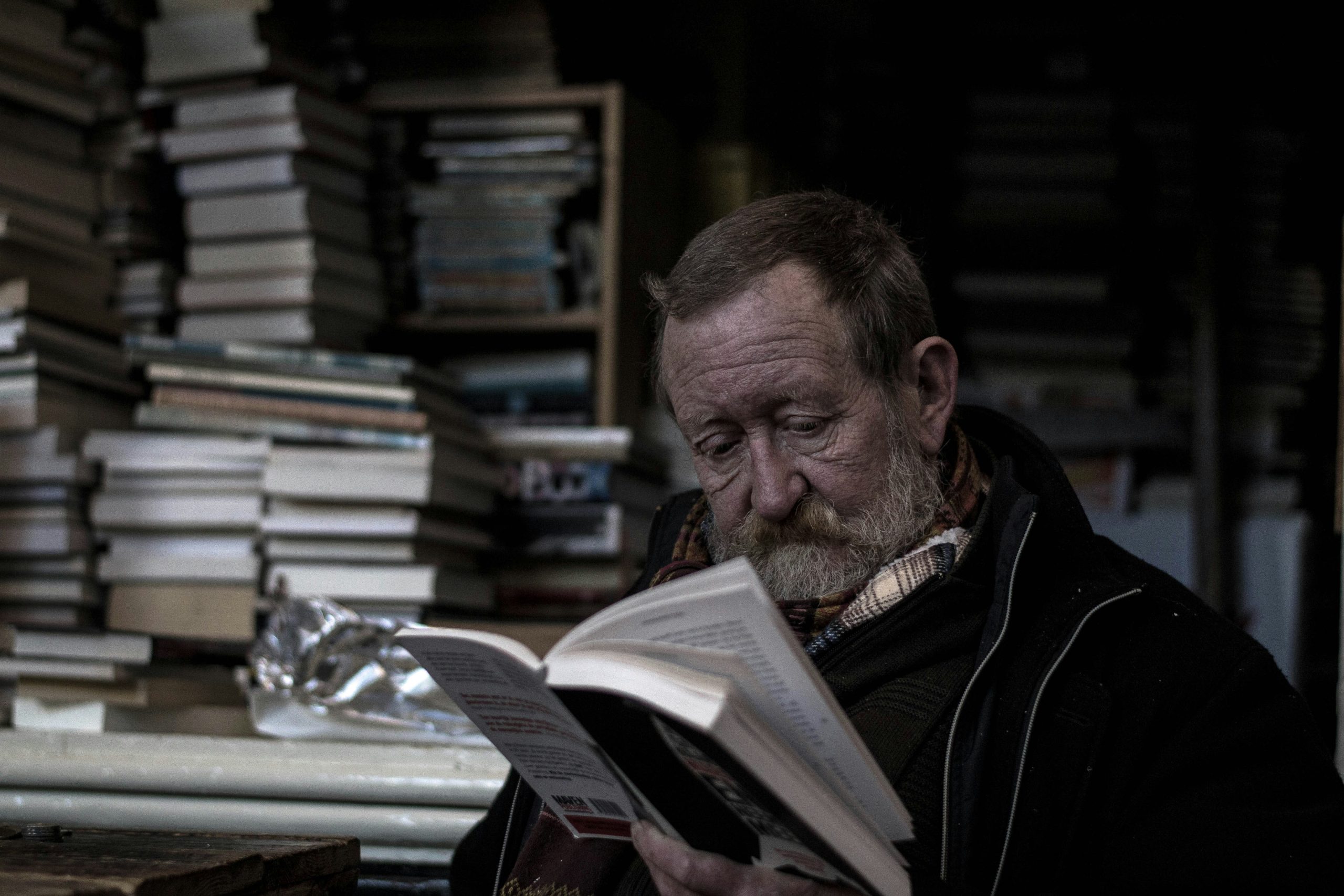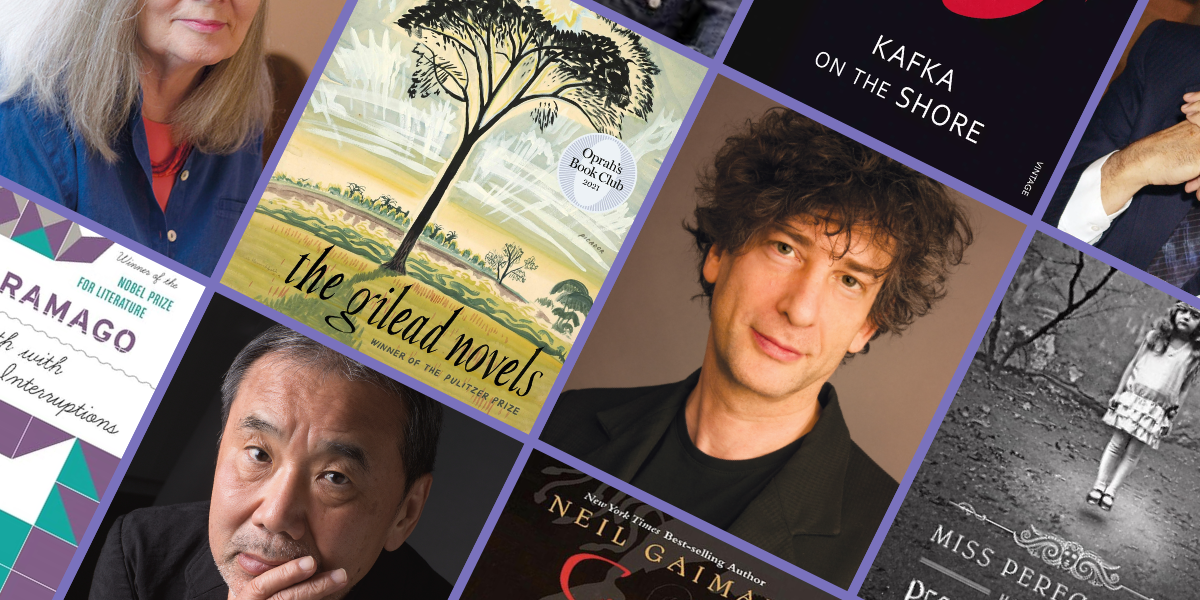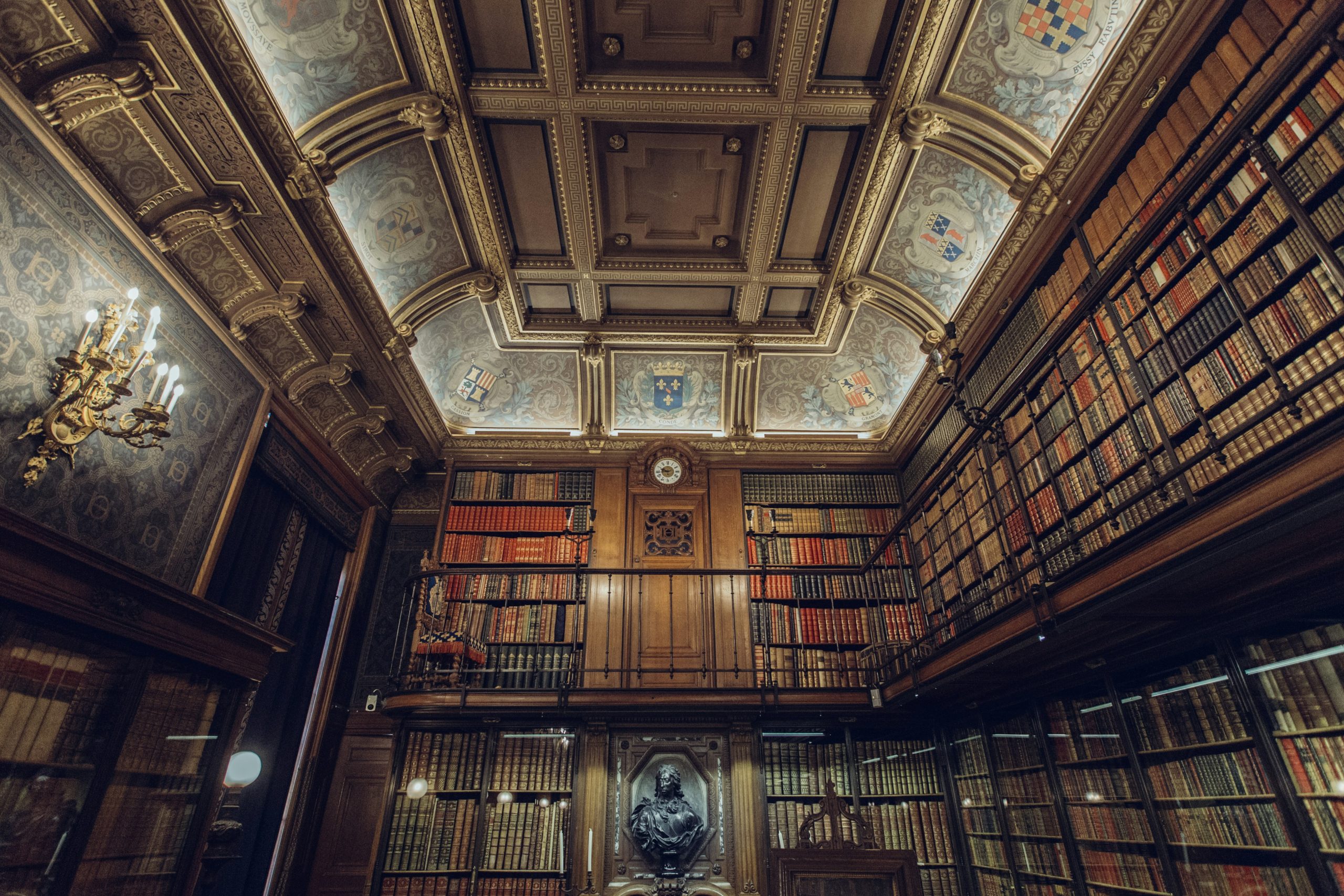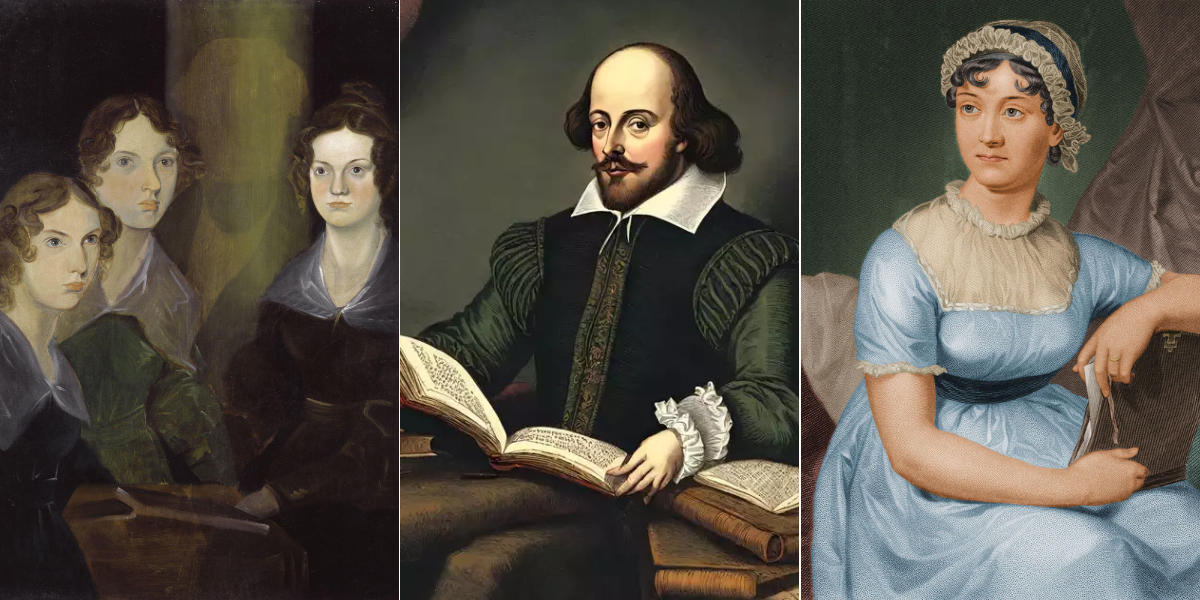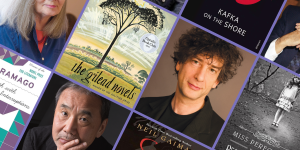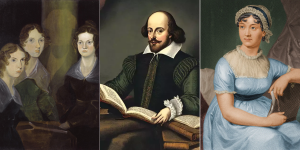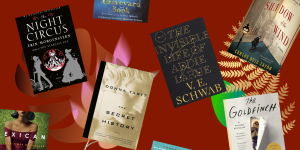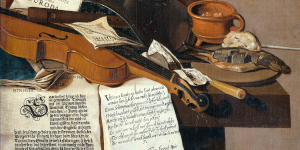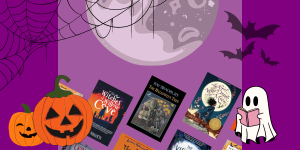In a world constantly buzzing with the latest literary trends, there’s something uniquely comforting about underrated classics.
Rediscovering underrated classics invites you to step back into the pages of literature’s most cherished works.
These timeless tales have not only withstood the test of time but continue to captivate, inspire, and resonate with readers across generations.
Whether you’re revisiting an old favorite or discovering an underrated classic for the first time, these 12 books offer a rich tapestry of storytelling that promises to enrich your literary journey.
So, dust off those covers and dive into the enduring magic of classic literature.
12 Best Underrated Classics To Read
Immerse yourself in these 12 best underrated classics, where every page invites you to experience the enduring power of great storytelling.
1. The Fortnight in September by R.C. Sherriff
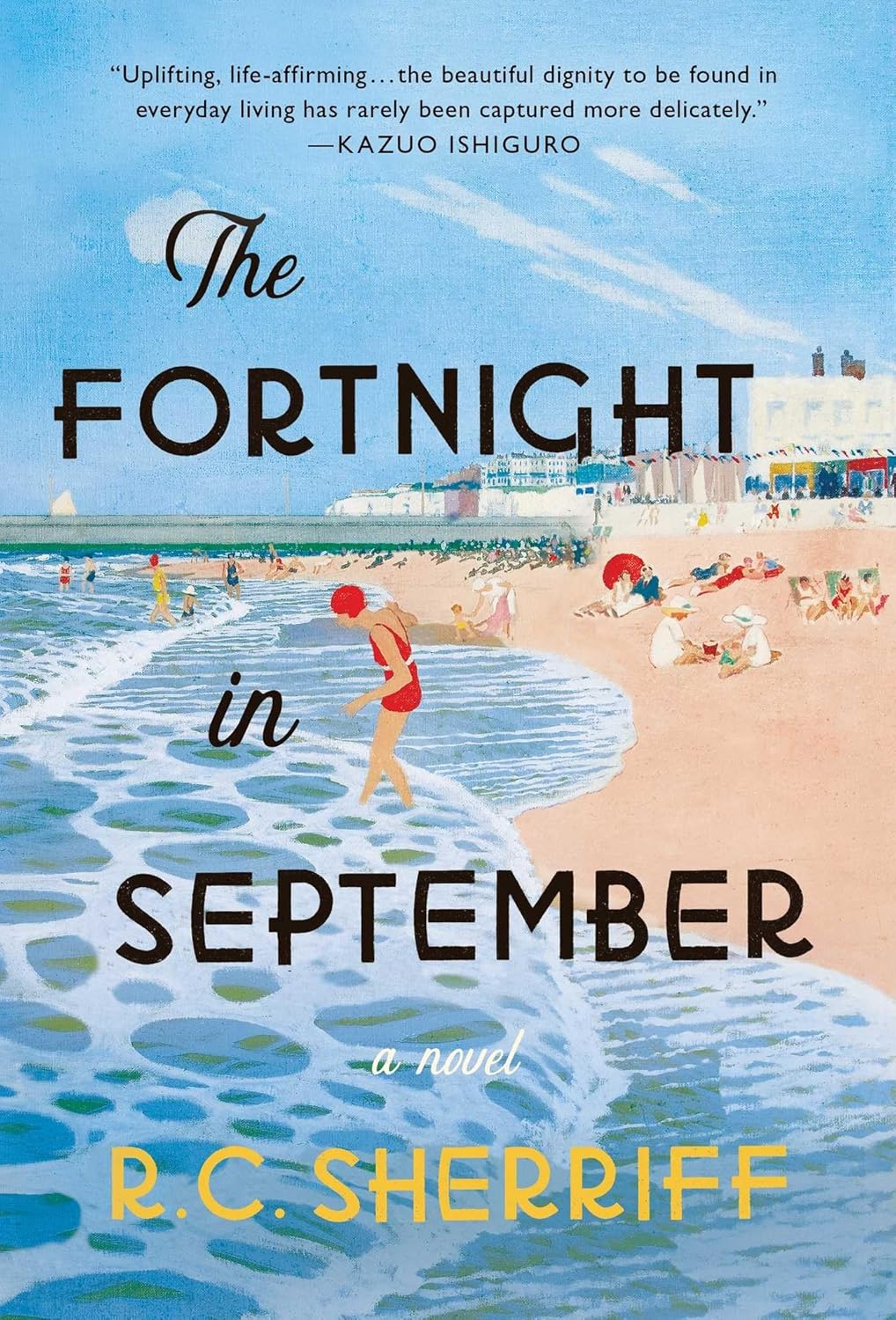
The Fortnight in September follows the Stevens family as they embark on their annual two-week vacation to the seaside town of Bognor Regis.
The story gently unfolds through the daily routines and small, meaningful moments that define their holiday.
Through their eyes, we experience the simple joys, quiet reflections, and subtle dynamics of family life, making each character’s experience deeply relatable and poignantly human.
This novel is considered a timeless classic for its masterful portrayal of ordinary life and the universal themes of family, contentment, and the passage of time.
Sherriff’s keen observation of the mundane yet significant aspects of everyday life offers a rich, empathetic understanding of his characters.
The novel’s enduring appeal lies in its ability to capture the beauty in simplicity and the profound emotions found in the seemingly trivial details of life.
2. Stoner by John Williams
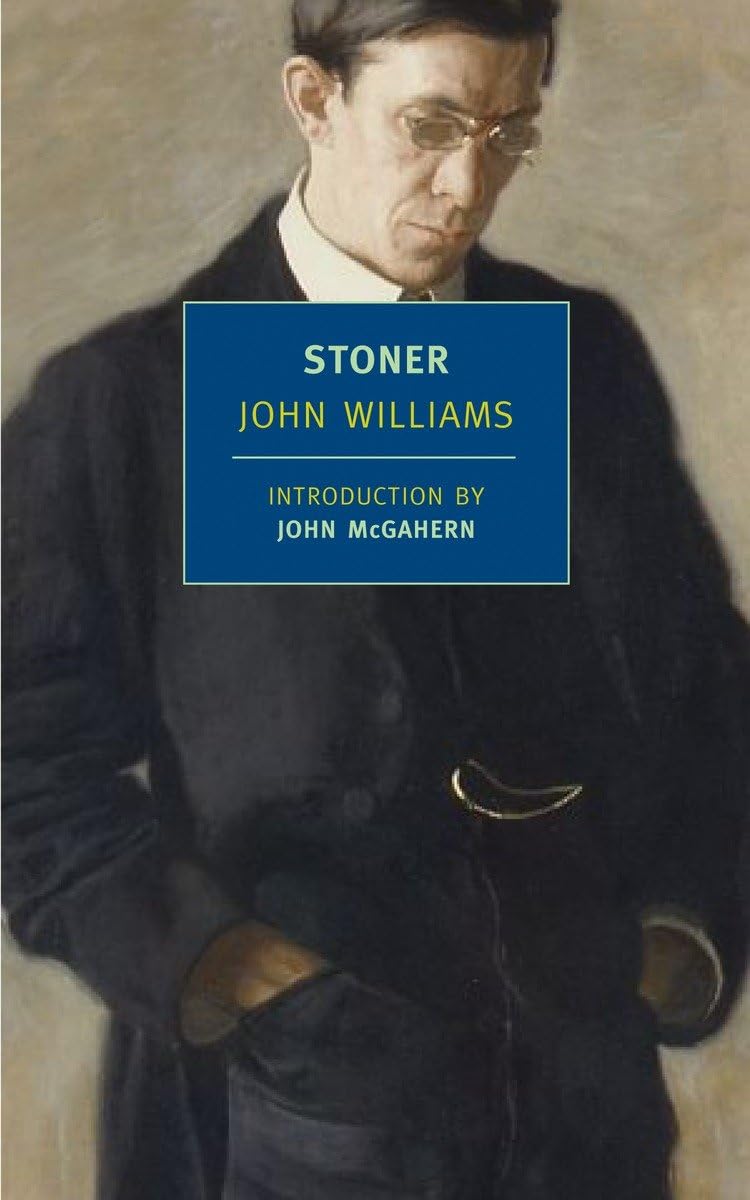
Stoner tells the story of William Stoner, a farm boy who becomes an English professor at the University of Missouri.
The novel chronicles his quiet, often overlooked life, marked by personal and professional struggles, a troubled marriage, unfulfilled ambitions, and brief moments of deep connection and satisfaction through his love for literature and teaching.
Stoner is considered a timeless classic due to its exquisite prose and profound exploration of an unremarkable yet deeply meaningful life.
Williams’ portrayal of Stoner’s perseverance, quiet dignity, and passion for learning resonates with readers, offering a poignant reflection on the human condition.
The novel’s universal themes of love, loss, and the search for purpose make it an enduring piece of literature that continues to touch hearts and minds.
3. The Beautiful and Damned by F. Scott Fitzgerald
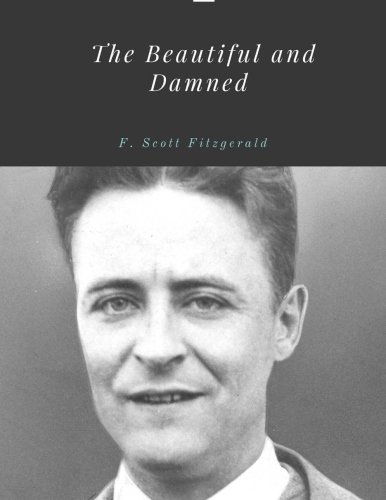
The Beautiful and Damned is a tragic romance that follows the lives of Anthony Patch, a Harvard-educated aspiring writer, and his beautiful wife, Gloria Gilbert.
Set against the backdrop of New York City during the Jazz Age, the novel explores their tumultuous marriage, driven by their pursuit of wealth, social status, and pleasure.
As they await Anthony’s inheritance from his grandfather, their lavish lifestyle and flawed character lead them into a downward spiral of alcoholism, disillusionment, and ruin.
This novel is considered a timeless classic for its incisive critique of the American Dream and its exploration of the hedonistic lifestyle of the 1920s.
Fitzgerald’s lyrical prose and vivid depiction of the era’s decadence reveal the moral and existential struggles of his characters.
The themes of ambition, love, and self-destruction resonate deeply, making The Beautiful and Damned an enduring and poignant study of the human condition and the fleeting nature of beauty and success.
4. Middlemarch by George Eliot
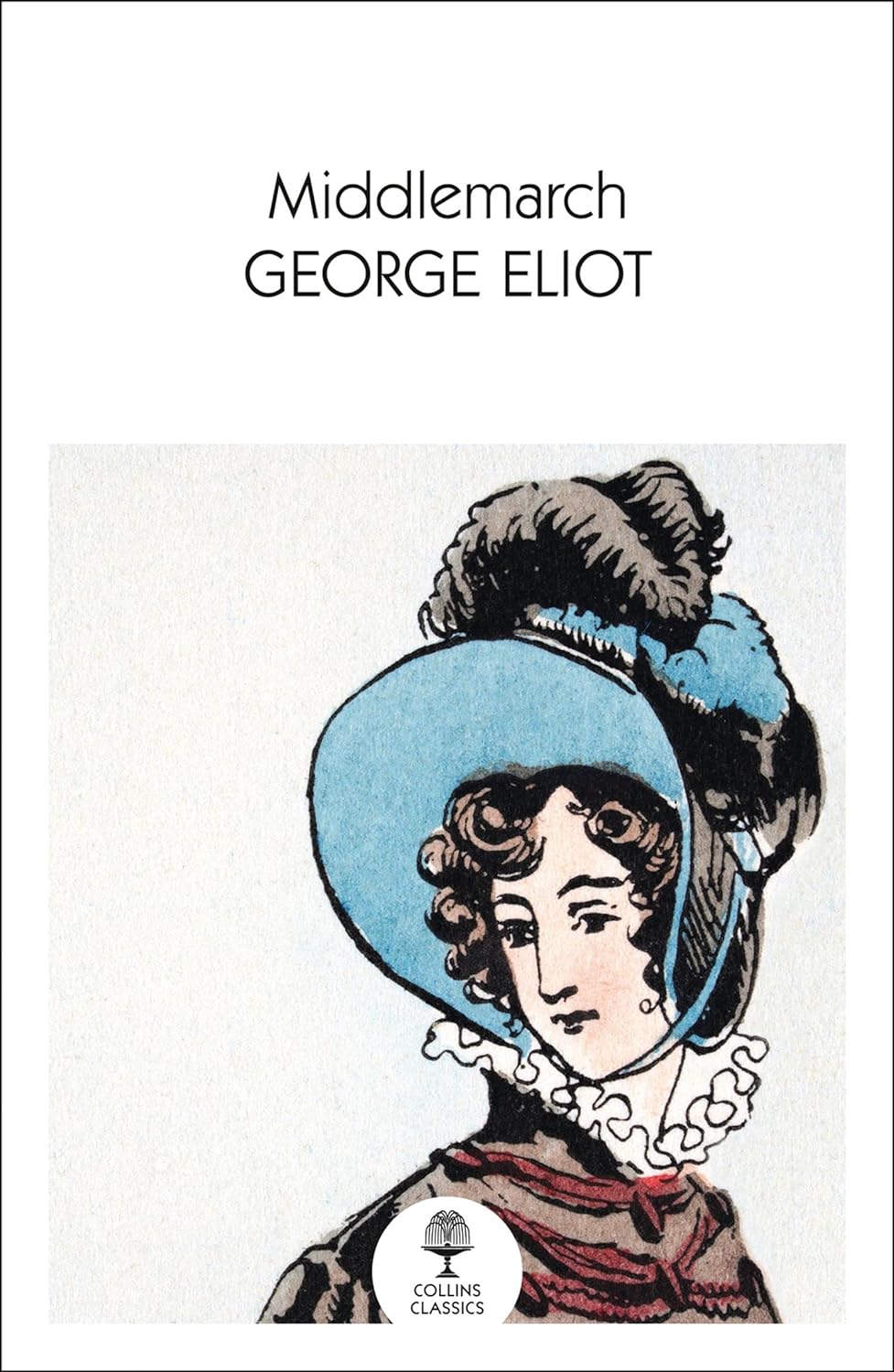
Middlemarch is a richly woven tapestry of life in a provincial English town during the early 19th century.
The novel primarily follows the intersecting lives of several characters, most notably Dorothea Brooke, an idealistic young woman who dreams of improving the world, and Tertius Lydgate, an ambitious doctor aiming to reform medical practice.
Through their personal ambitions, romantic entanglements, and social struggles, the novel delves into themes of marriage, idealism, political reform, and the complexities of human relationships.
Middlemarch is hailed as a timeless classic for its deep psychological insight, complex character development, and exploration of social issues that remain relevant today.
Eliot’s keen observation and empathetic portrayal of her characters’ inner lives and moral dilemmas make the novel a profound study of human nature.
Its rich narrative and thematic depth, addressing universal concerns such as duty, ambition, and the quest for self-fulfillment, ensure that Middlemarch continues to resonate with readers across generations.
READ MORE: Rediscover The Classics: 12 Timeless Reads Worth Revisiting
5. Bleak House by Charles Dickens
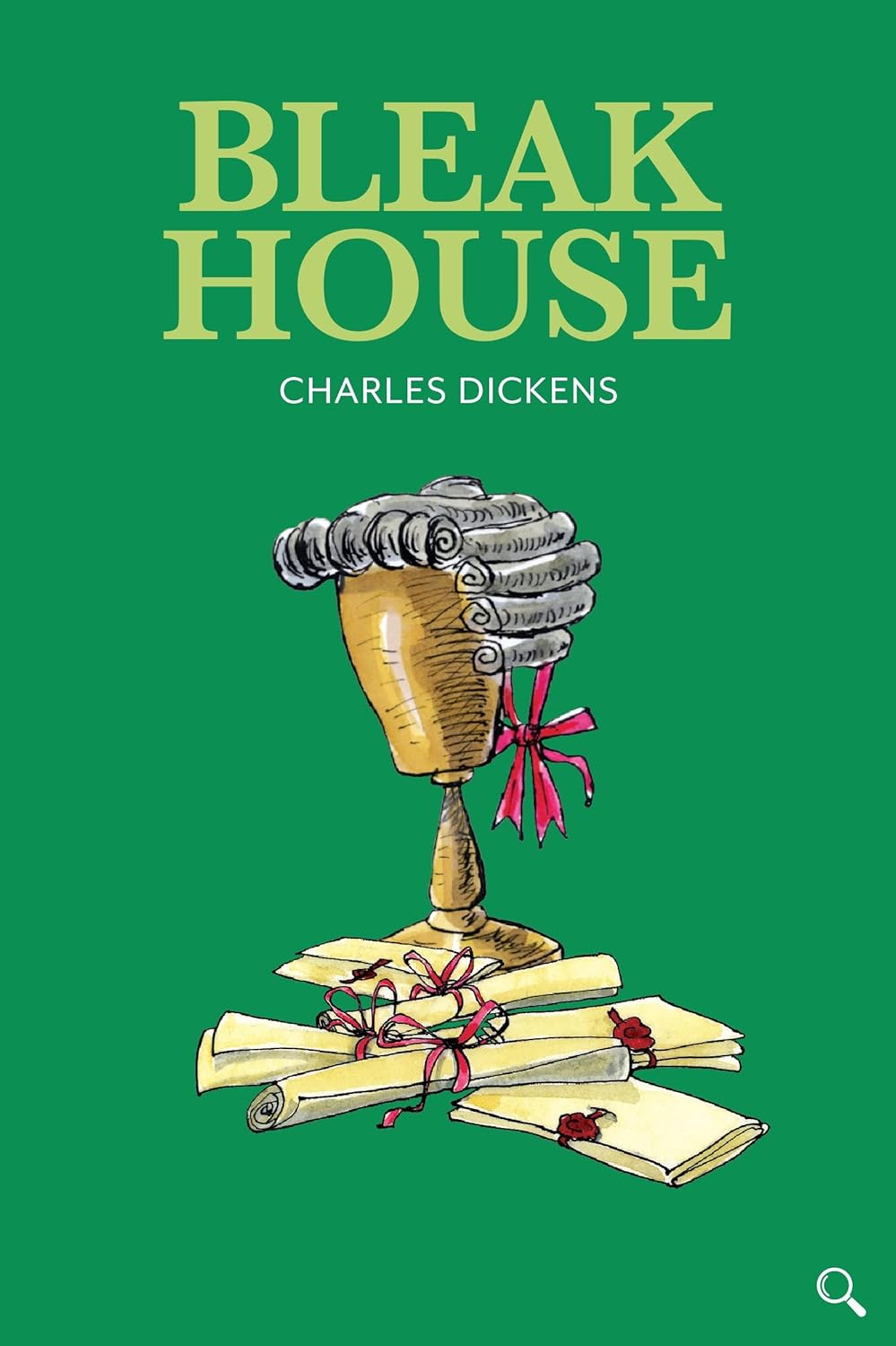
Bleak House is a sprawling narrative centered around the convoluted and seemingly endless legal case of Jarndyce.
The story interweaves the lives of numerous characters, including the kind-hearted John Jarndyce, his wards Ada Clare and Richard Carstone, and the orphan Esther Summerson, who serves as one of the novel’s narrators.
As the characters navigate the labyrinthine Chancery Court and its impacts on their lives, the novel exposes the social injustices and moral corruption embedded within the British legal system.
Bleak House is considered a timeless classic for its masterful blend of social criticism, intricate plotting, and vivid characterization.
Dickens’ critique of the legal system’s inefficiencies and the broader societal ills of Victorian England remains relevant, highlighting issues of bureaucracy, poverty, and moral decay.
The novel’s rich tapestry of characters and its dual narrative structure create a compelling and immersive reading experience.
Dickens’ ability to balance social commentary with engaging storytelling ensures that Bleak House continues to captivate and resonate with readers.
6. One Hundred Years of Solitude by Gabriel García Márquez
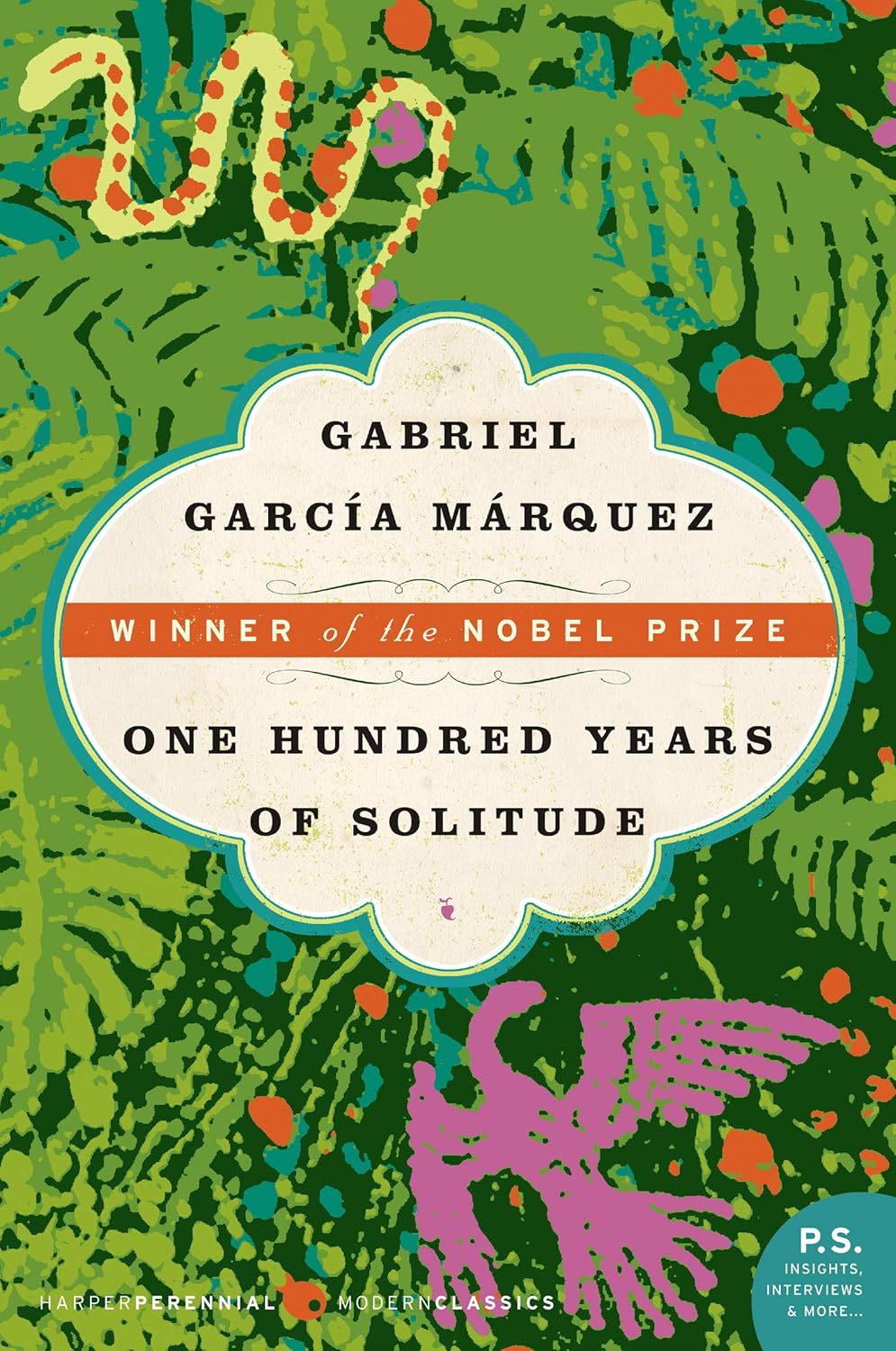
One Hundred Years of Solitude chronicles the rise and fall of the Buendía family in the fictional town of Macondo over seven generations.
The novel blends magical realism with historical and social commentary, depicting the family’s trials, triumphs, and tragedies.
Founding patriarch José Arcadio Buendía and his descendants experience events both extraordinary and mundane, with elements of the fantastical seamlessly intertwined with everyday life.
Themes of solitude, destiny, and the cyclical nature of history pervade the narrative, creating a rich and immersive tapestry of Latin American culture and history.
This novel is considered a timeless classic for its groundbreaking use of magical realism and its profound exploration of universal human experiences.
García Márquez’s lyrical prose and imaginative storytelling capture the essence of Latin American life, blending myth and reality in a way that resonates deeply with readers worldwide.
The novel’s themes of love, power, isolation, and the inevitability of history reflect the complexities of human existence, making One Hundred Years of Solitude an enduring masterpiece that continues to inspire and move readers across generations.
7. Anna Karenina by Leo Tolstoy
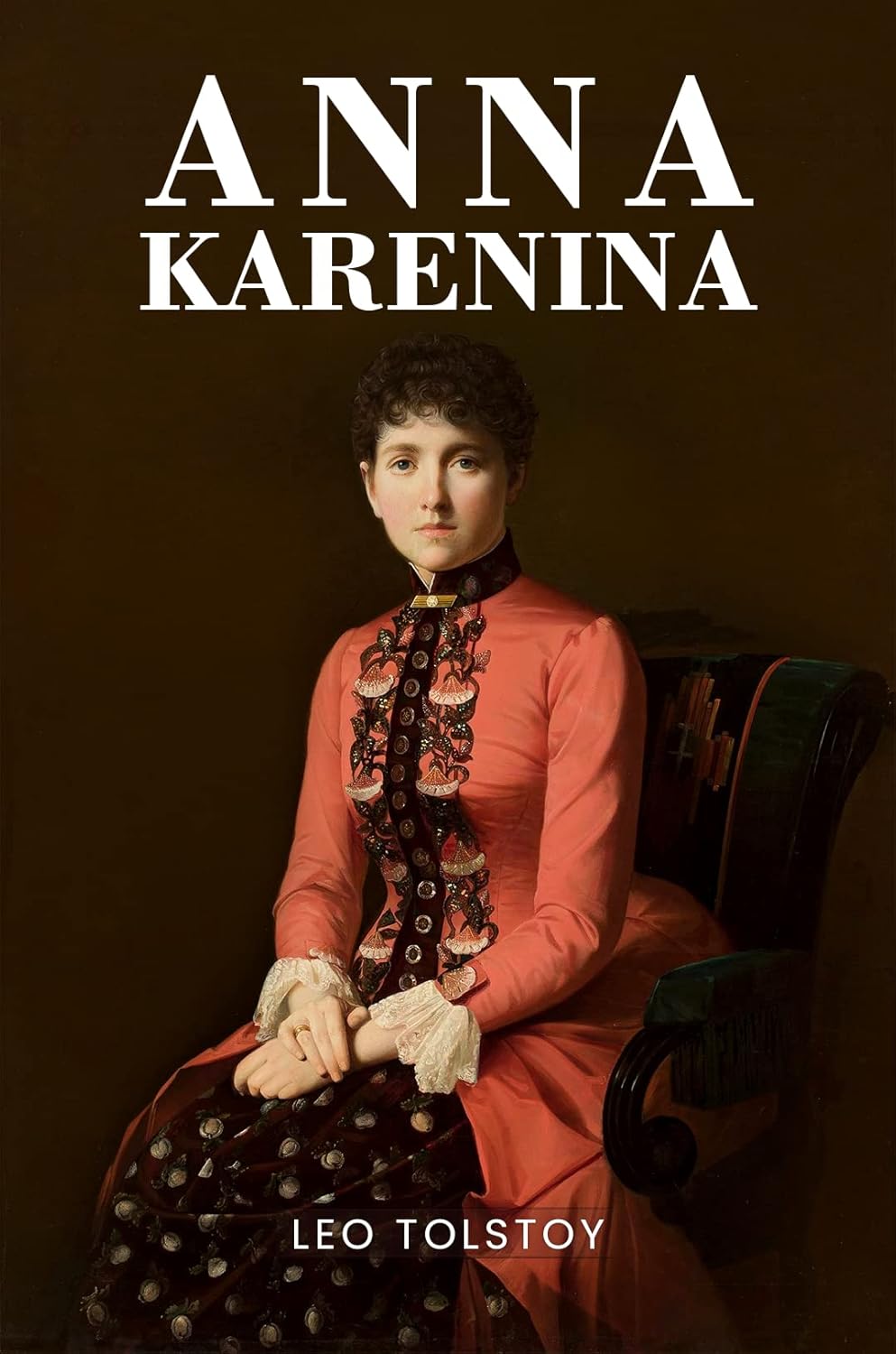
Anna Karenina follows the tragic story of Anna Karenina, a beautiful and passionate woman who embarks on a doomed affair with the dashing Count Vronsky.
Set against the backdrop of Russian high society, the novel contrasts Anna’s turbulent relationship with Vronsky with the more stable yet complex marriage of Konstantin Levin and his wife Kitty.
Through intricate portrayals of love, fidelity, and societal norms, Tolstoy delves deeply into the personal and social conflicts that shape his characters’ lives.
Anna Karenina is celebrated as a timeless classic for its profound psychological insight, intricate character development, and rich depiction of 19th-century Russian society.
Tolstoy’s exploration of love, morality, and the impact of societal expectations on personal happiness resonates with readers across different cultures and eras.
The novel’s blend of intimate personal drama with broader social commentary, coupled with Tolstoy’s masterful storytelling, ensures its enduring relevance and impact in the literary canon.
8. Invisible Man by Ralph Ellison
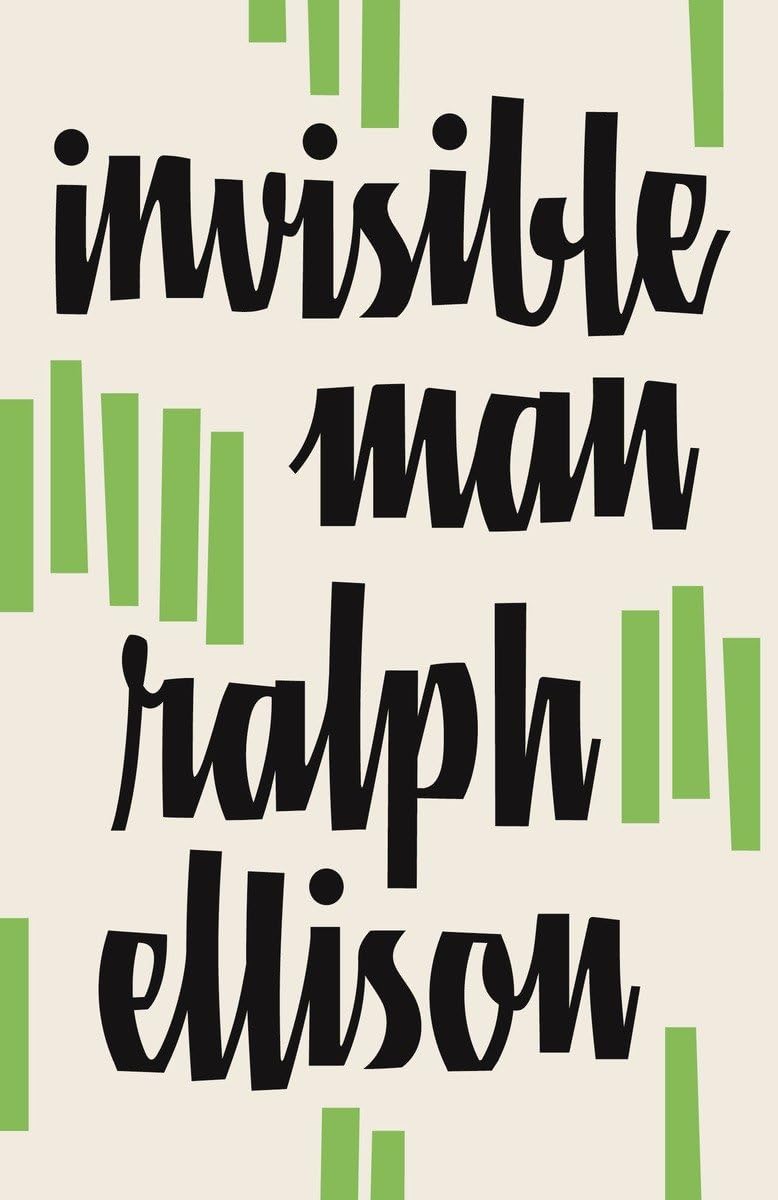
Invisible Man follows an unnamed African American narrator who feels invisible due to society’s disregard for his individuality and humanity.
As he recounts his journey from a Southern college to Harlem, the narrator grapples with issues of racial identity, social invisibility, and self-discovery.
His experiences, including his disillusionment with various ideological movements, lead him to a profound understanding of his own identity and the systemic forces that marginalize him.
Invisible Man is regarded as a timeless classic for its powerful exploration of racial and existential themes through a deeply personal and innovative narrative.
Ellison’s use of symbolism, psychological insight, and rich, evocative prose provides a profound commentary on the African American experience and the broader human condition.
The novel’s enduring relevance stems from its exploration of invisibility as a metaphor for social alienation and its incisive critique of identity and society, making it a seminal work in American literature.
READ MORE: From Classic To Modern: Ranking The Top 5 Kindles For Every Bookworm
9. Ethan Frome by Edith Wharton
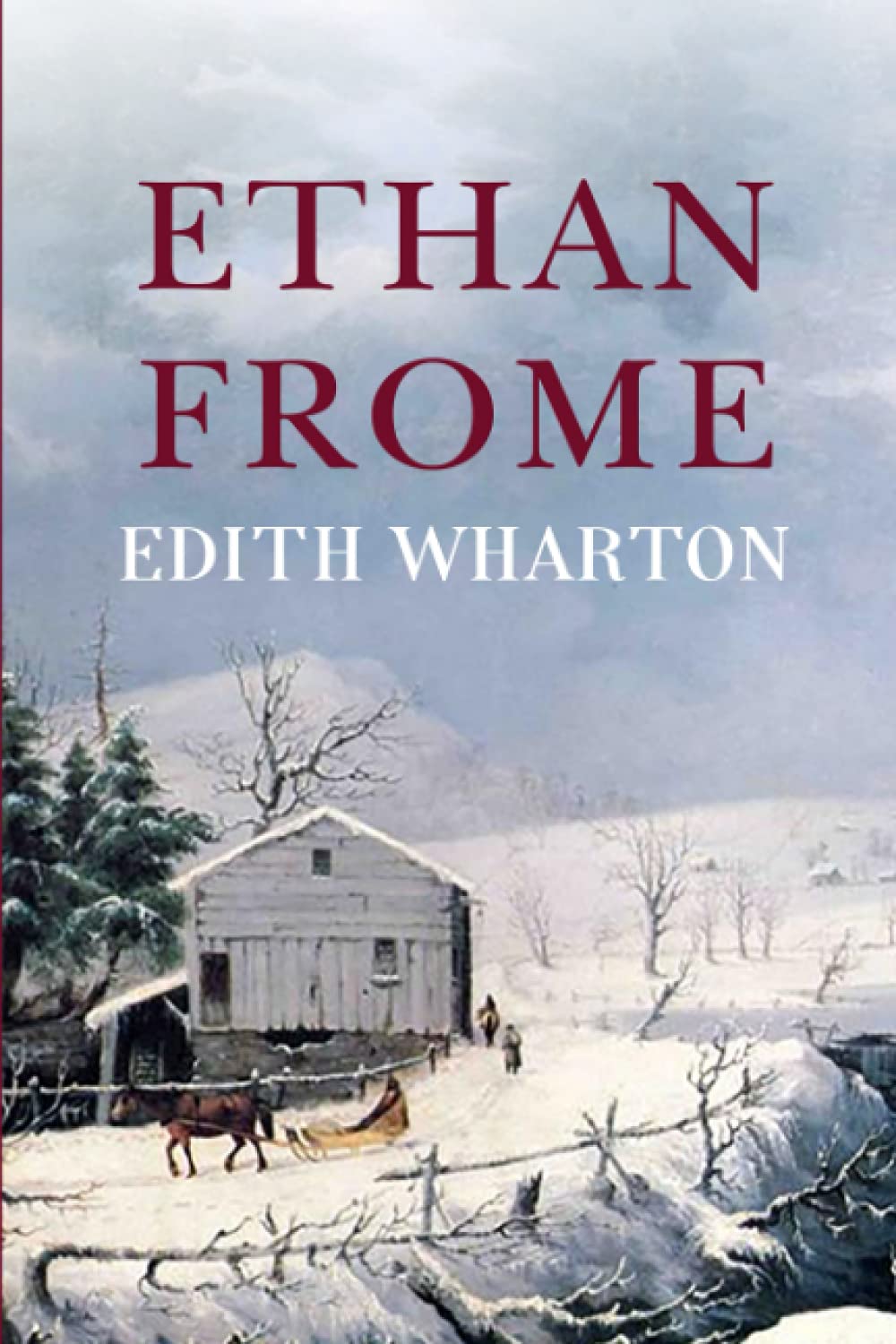
Ethan Frome is a poignant tale set in the bleak New England winter, focusing on Ethan Frome, a farmer trapped in a loveless marriage with his sickly wife, Zeena.
His life takes a dramatic turn when he falls in love with Zeena’s lively and spirited cousin, Mattie Silver.
As Ethan’s feelings for Mattie grow, he becomes increasingly conflicted between his duties to his wife and his longing for a different life.
The novel explores themes of isolation, duty, and the crushing weight of societal and personal expectations.
Ethan Frome is celebrated as a timeless classic for its evocative portrayal of emotional and environmental desolation.
Wharton’s masterful use of setting, symbolism, and narrative voice deepens the novel’s exploration of the human condition.
The stark contrast between the harsh New England landscape and the characters’ inner lives creates a powerful backdrop for themes of unfulfilled dreams and moral dilemmas.
Wharton’s insight into the struggles of her characters and the impact of societal constraints ensures the novel’s enduring relevance and emotional impact.
10. One Flew Over the Cuckoo’s Nest by Ken Kesey
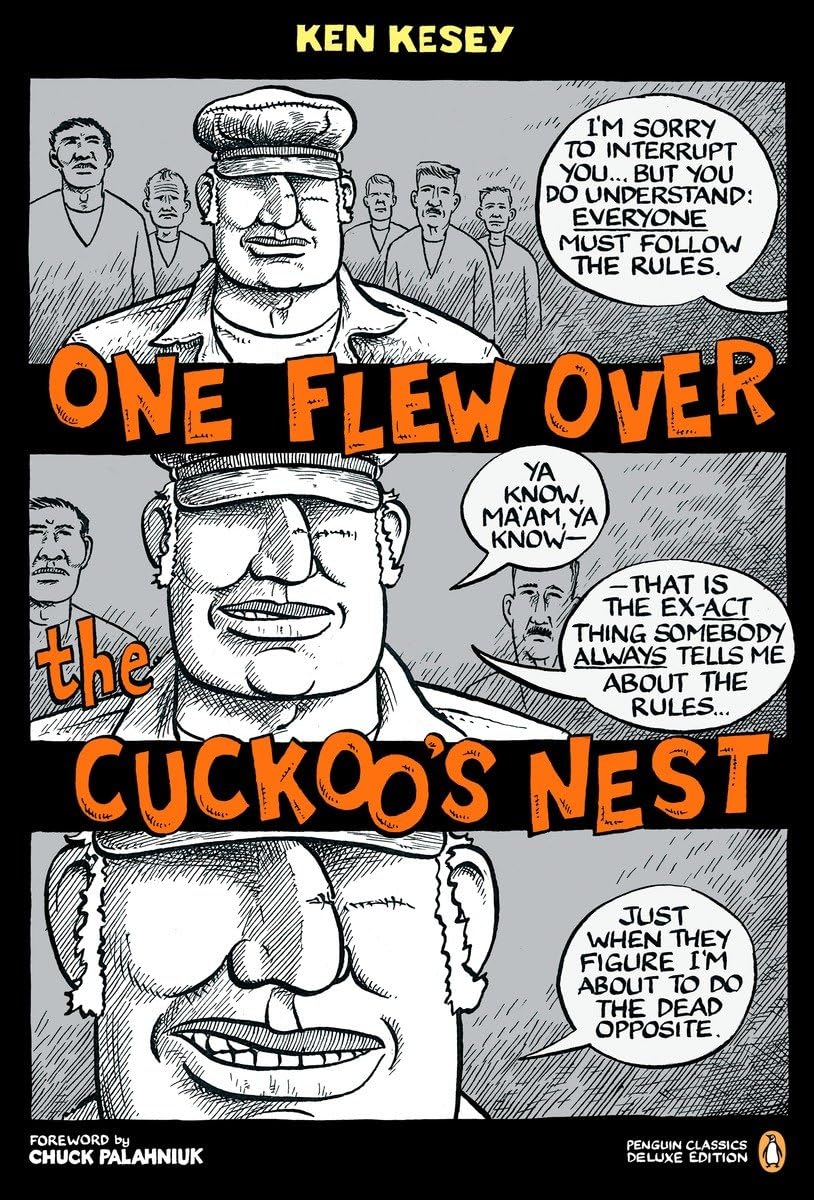
One Flew Over the Cuckoo’s Nest is set in a psychiatric hospital and narrated by Chief Bromden, a Native American patient who pretends to be mute.
The novel centers on Randle McMurphy, a rebellious and charismatic convict who feigns insanity to avoid prison work details.
His arrival disrupts the oppressive regime of Nurse Ratched, who rules the ward with an iron fist.
McMurphy’s defiance and efforts to instill a sense of self-worth in the other patients lead to a dramatic clash with the institutional system, highlighting themes of individuality, freedom, and the dehumanizing effects of institutionalization.
One Flew Over the Cuckoo’s Nest is considered a timeless classic for its incisive critique of institutional power and its exploration of individuality versus conformity.
Kesey’s vivid characters and innovative narrative style provide a compelling examination of mental health, freedom, and resistance.
The novel’s portrayal of the struggle between individuality and oppressive authority continues to resonate with readers, making it a profound and enduring work in American literature.
11. The Outsiders by S.E. Hinton
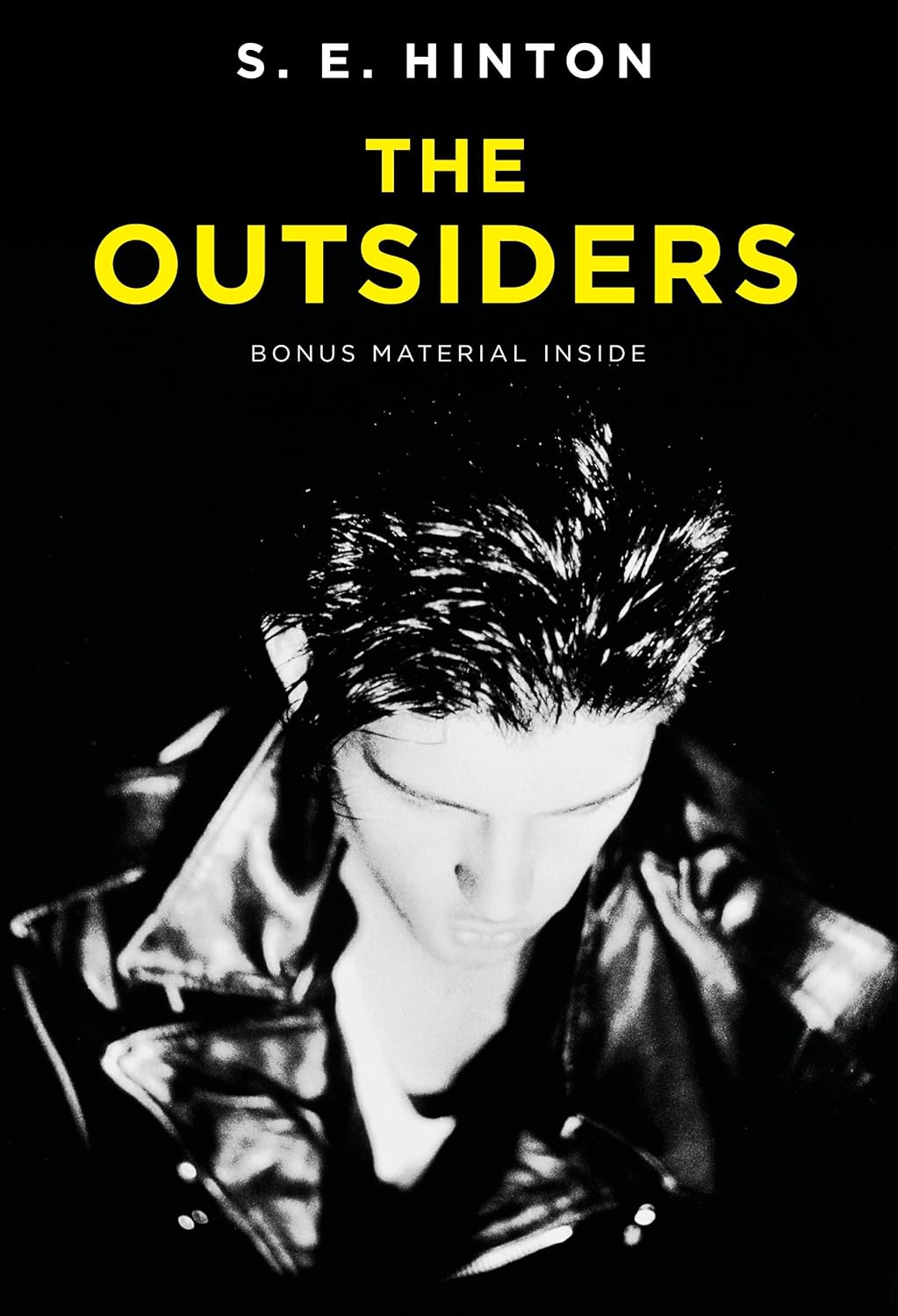
The Outsiders follows the lives of two rival gangs in a small American town: the Greasers, a group of working-class boys with a rough exterior, and the Socs, who come from affluent families.
The story is narrated by Ponyboy Curtis, a 14-year-old Greaser, who grapples with issues of identity, loyalty, and societal conflict.
The novel portrays the struggles and tensions between the two groups, exploring themes of class disparity, brotherhood, and the search for belonging amidst violence and hardship.
The Outsiders is celebrated as a timeless classic for its authentic portrayal of teenage angst and social division.
Hinton’s novel, written from a young adult perspective, captures the raw emotions and conflicts of adolescence with remarkable empathy and insight.
The themes of identity, family, and the impact of socioeconomic differences continue to resonate with readers of all ages, making the novel a powerful and enduring exploration of youth and social dynamics.
12. Their Eyes Were Watching God by Zora Neale Hurston
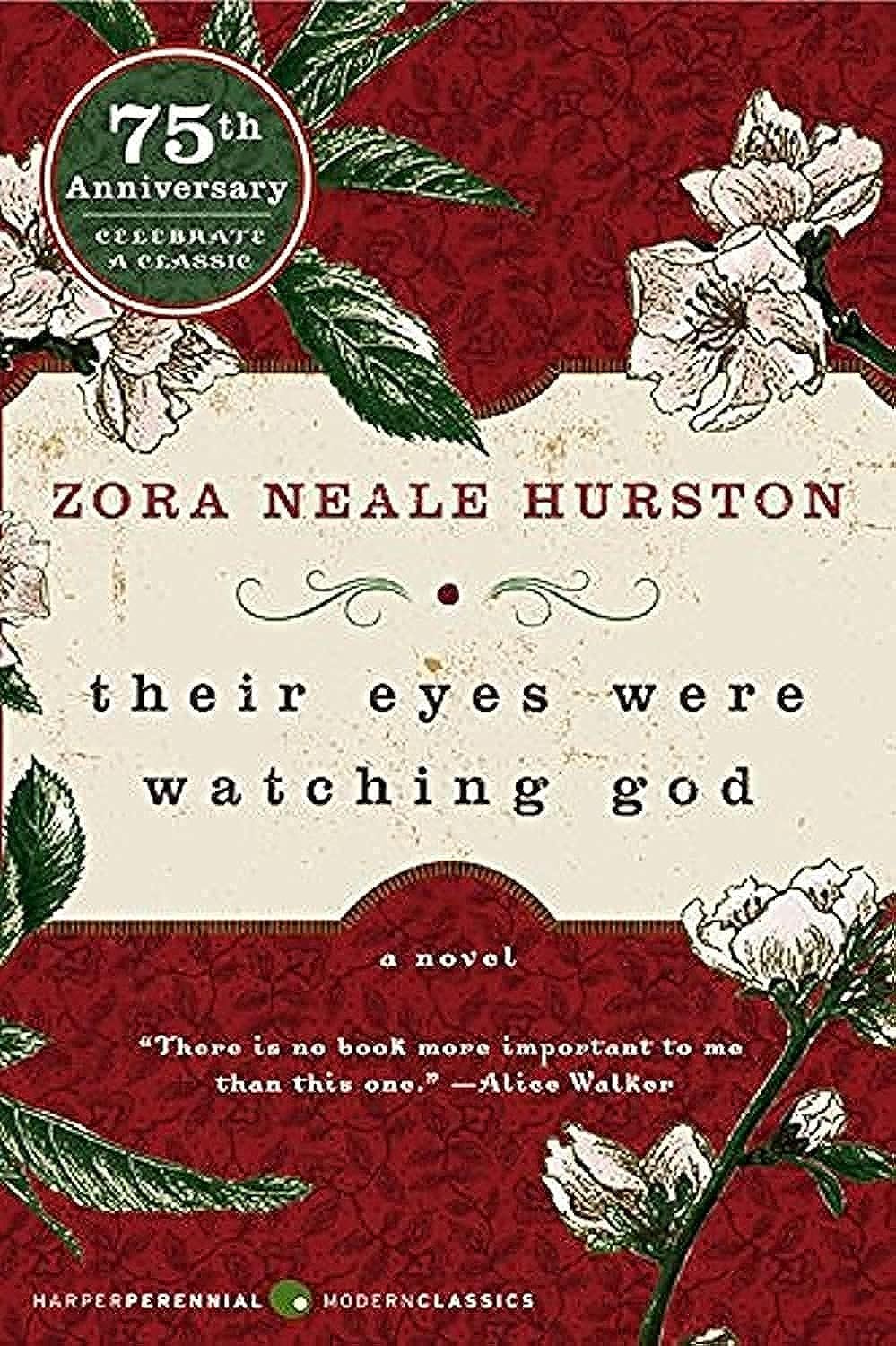
Their Eyes Were Watching God follows Janie Crawford, an African American woman in the early 20th-century South, as she embarks on a journey of self-discovery and independence.
Through her three marriages and various experiences, Janie seeks to find her own voice and personal fulfillment.
The novel chronicles her evolution from a passive participant in her life to a self-assured woman who embraces her own desires and identity, all while contending with societal expectations and personal challenges.
Their Eyes Were Watching God is considered a timeless classic for its groundbreaking portrayal of a woman’s quest for self-realization and empowerment within a framework of racial and gender constraints.
Hurston’s lyrical prose, rich character development, and exploration of themes like love, identity, and autonomy provide a profound and nuanced depiction of African American womanhood.
The novel’s celebration of individual strength and resilience continues to resonate deeply with readers, ensuring its lasting impact in both literary and cultural contexts.
READ MORE: Unraveling Success: A Critical Examination Of Bestselling Books

